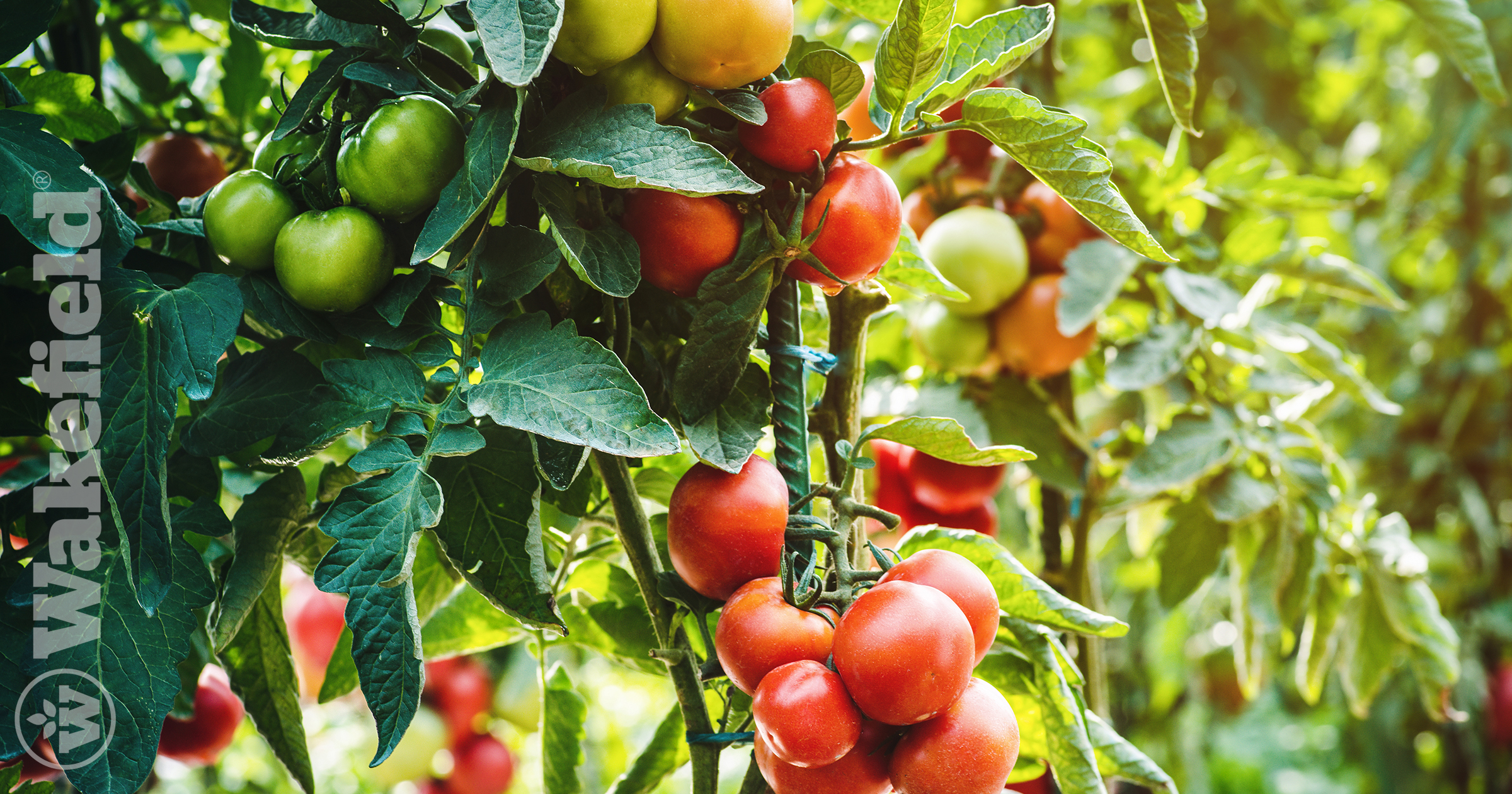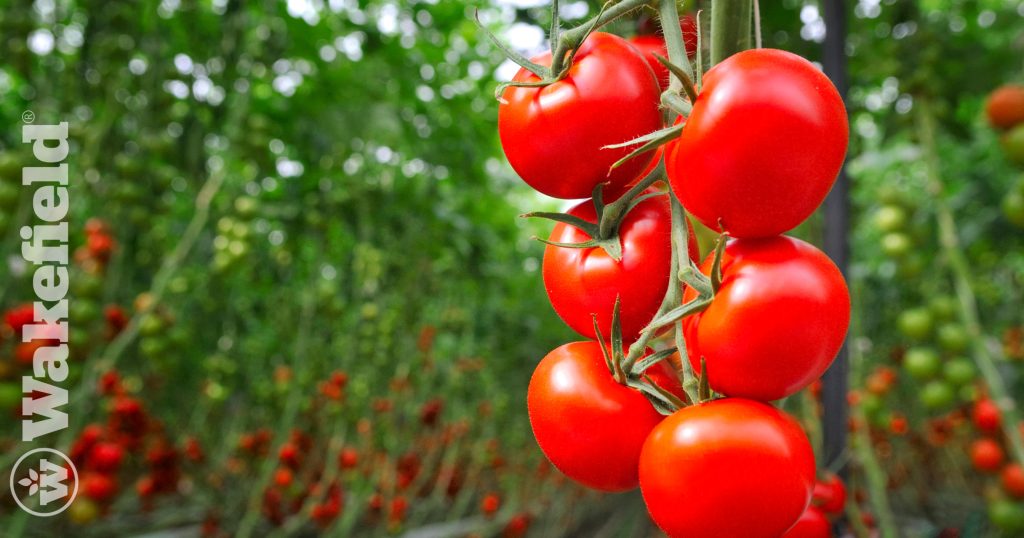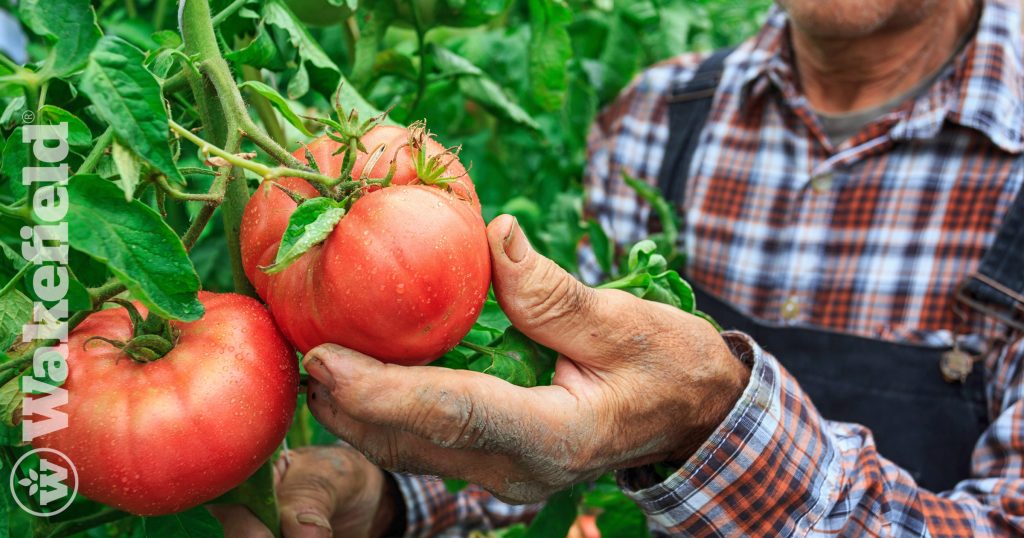Is Biochar Good for Tomatoes?

Ever wonder why tomatoes from southern Italy taste so incredible? The secret lies in the volcanic soil surrounding Naples, rich with ash from Mount Vesuvius. This natural blend creates the perfect conditions for growing tomatoes, thanks to its ideal pH, structure, and nutrient retention. It’s like the earth is working overtime to produce some of the most flavorful tomatoes in the world.
Guess what? You can recreate that magic in your own garden using biochar for tomatoes! By incorporating biochar into your tomato beds, you’ll supercharge your plants for bigger, juicier, and tastier tomatoes. Let’s dive into how it works.
Boost Your Tomato Growth with Biochar
Better Soil Structure
Biochar improves soil structure by retaining water and creating airflow. Even in dry spells, your tomatoes will stay hydrated, while their roots can breathe. No more waterlogged or dried-out plants—just happy, healthy tomatoes!
Super Nutrient Retention
Biochar holds onto essential nutrients like potassium and calcium, making sure your tomatoes get a steady supply throughout the growing season. Plus, it reduces nutrient runoff, so nothing goes to waste.
Healthier Microbes = Healthier Tomatoes
Biochar promotes the growth of beneficial microorganisms that break down organic matter and cycle nutrients back into the soil. These helpful microbes also protect your tomatoes from diseases, so they grow strong and flavorful.
Balanced pH Levels
Struggling with acidic or alkaline soil? Biochar for tomatoes can help. It stabilizes soil pH, making your garden a prime spot for tomatoes to thrive.
The Results Speak for Themselves
Farmers and gardeners everywhere rave about how biochar boosts tomato yield and quality. Studies show it increases vitamin C content and enhances the sugar-acid balance for that perfect tomato flavor. Even during dry conditions, biochar helps keep tomatoes thriving.
Wakefield BioChar: The Secret Ingredient for Superior Tomatoes
Want better tomatoes? Add Wakefield BioChar to your garden! It’s proven to create an optimal environment by improving pH, soil structure, and nutrient retention. Give your tomatoes the boost they deserve with Wakefield BioChar for tomatoes—you’ll taste the difference.







